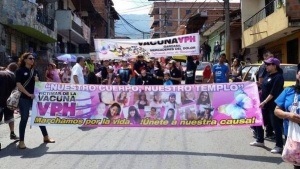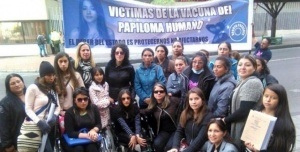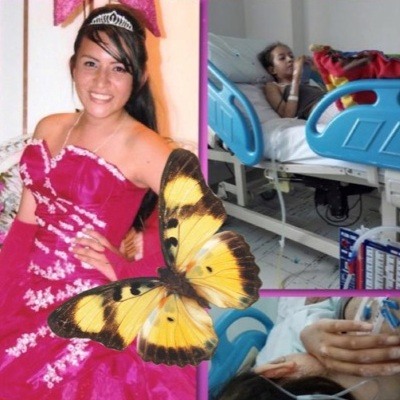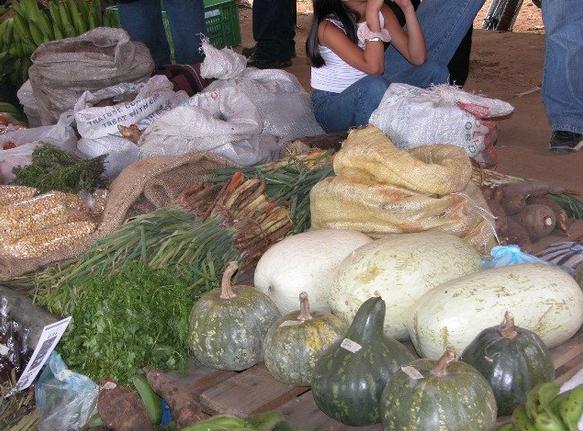Forced Vaccination Judged Unconstitutional in Colombia
The Constitutional Court in Colombia recently ruled that mandating the human papillomavirus (HPV) vaccine is unconstitutional. However, the precedent-setting judicial decision went beyond HPV vaccine mandates and affirmed the ethical principle of informed consent to medical risk taking. According to the Court, which is the highest judicial body tasked with interpreting that country’s Constitution, the state cannot make decisions regarding the bodily integrity of its citizens because to do so would violate human dignity. The Court stressed that decisions involving medical procedures should ultimately be made by patients themselves, not the government. It cautioned Colombia’s Ministry of Health that it “must obtain the informed consent [of patients] prior to administering the vaccine” to them.








